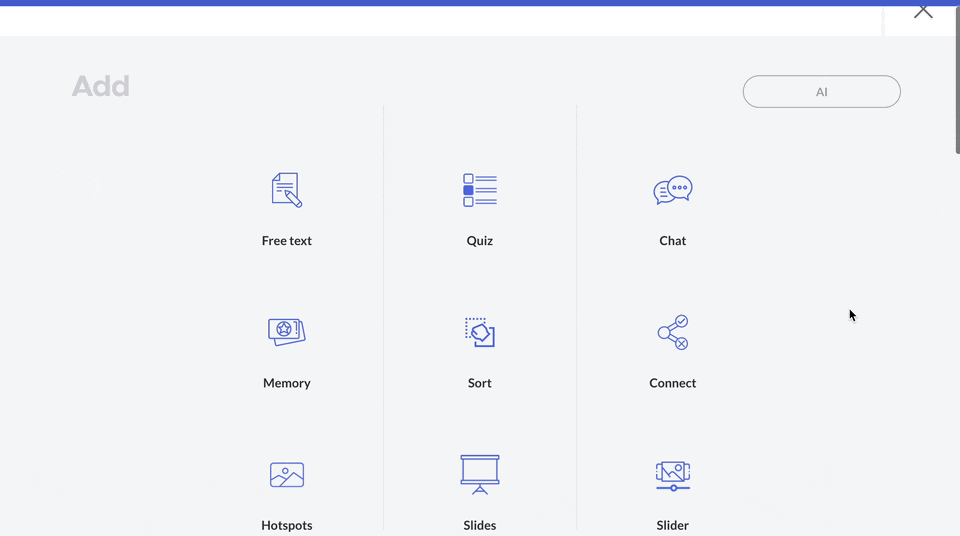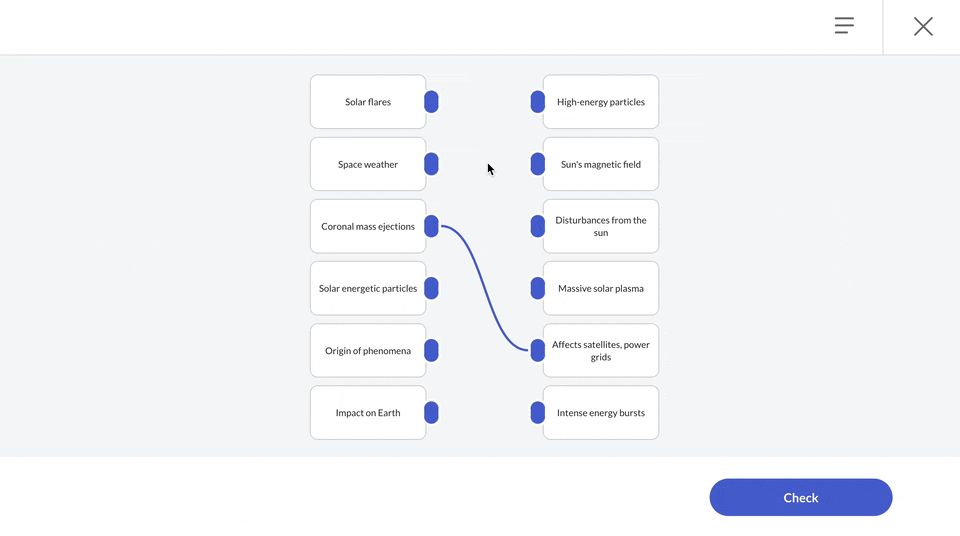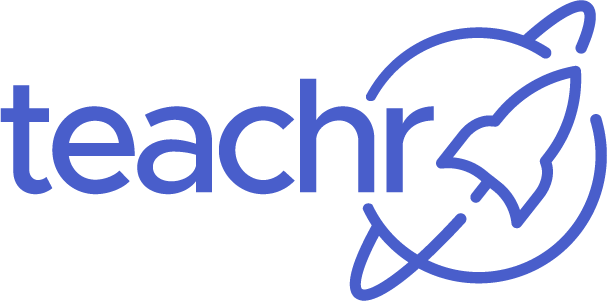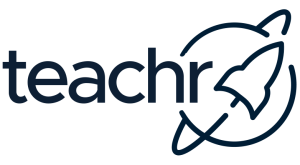The transition from the Information Age to the Knowledge Age marks a pivotal shift in how society values, utilizes, and benefits from information. While the Information Age brought about the widespread creation, dissemination, and accessibility of data through digital technologies, the Knowledge Age emphasizes the strategic application of this information to foster innovation, solve complex problems, and generate economic value. The business models of the future will be characterized by this new era. And it has already begun.
What is the Information Age?
Today’s information age, also known as the digital age, is characterized by the widespread introduction of digital technologies that facilitate the rapid creation, distribution and accessibility of large amounts of data. This era has revolutionized communication, enabling instantaneous sharing of information across the globe through the internet, social media, and mobile devices. The Information Age has also transformed industries, economies, and daily life by prioritizing data as a crucial asset, fostering globalization, and leading to innovations such as cloud computing, big data analytics, and the Internet of Things (IoT).
With AI advancements such as GPT, the information age has already begun to transform to the knowledge age, gradually leading to ongoing, significant changes in the labour market and a massive wave of unemployment as traditional roles become obsolete. Jobs that involve routine data analysis, basic content creation, customer support, and administrative tasks are among the first to be canceled, as AI can perform these functions more efficiently and at a lower cost. Bureaucratic roles that involve data formation, data input, and output, and nearly any job that requires a human to sit in front of a computer are at even higher risk of being replaced by AI technologies.
The Great Opportunity
But despite of these changes lies an opportunity for growth. The shift to the knowledge age can bring significant benefits if individuals and organizations adapt proactively. For those entrenched in bureaucratic roles, the transition means embracing key features such as utilizing advanced knowledge management systems, encouraging collaboration between different disciplines and prioritizing continuous learning and skills development. Embracing these aspects not only promotes personal and professional growth, but also prepares individuals for the dynamic demands of the evolving digital landscape.
The first step is to understand where we are heading.
What is the Knowledge Age?
Intellectual Capital as a Primary Asset
In the Knowledge Age, knowledge, skills, and expertise become the most valuable assets for individuals and organizations. Unlike the Information Age, where data was the primary commodity, the Knowledge Age prioritizes human intellectual capital. Companies invest heavily in education, training, and continuous learning to enhance their workforce’s intellectual capabilities, recognizing that a knowledgeable and skilled workforce is crucial for maintaining a competitive edge.
Innovation and Creativity
Innovation and creativity are at the forefront of the Knowledge Age. Knowledge workers leverage information to create new products, services, and business models. This drive for innovation not only fuels economic growth but also provides organizations with a significant competitive advantage.
Knowledge Management
Effective management of knowledge within organizations becomes essential. This involves capturing, storing, sharing, and utilizing knowledge to improve decision-making and operational efficiency. Advanced knowledge management systems ensure that valuable insights are accessible to the right people at the right time, fostering a culture of continuous improvement and learning.
Collaboration and Networking
The Knowledge Age fosters collaboration and networking across various fields and disciplines. Digital technologies facilitate interconnectedness, enabling the sharing of knowledge and collaborative efforts on a global scale. This interconnectedness helps break down silos, encourages cross-disciplinary innovation, and leads to more comprehensive and effective solutions.
Lifelong Learning
Continuous learning and adaptability are crucial in the Knowledge Age. Educational systems and organizations prioritize lifelong learning and skills development to keep pace with rapid technological advancements and changing market demands. Individuals are encouraged to continually update their knowledge and skills to remain relevant and competitive in the job market.
Intellectual Property and Knowledge Economy
Intellectual property rights gain prominence as knowledge and innovations are protected and monetized. The economy increasingly relies on intellectual products and services rather than traditional manufacturing and industrial outputs. Protecting intellectual property becomes vital for fostering innovation and ensuring that creators and innovators are rewarded for their contributions.
Data Analysis and Decision Making
Advanced data analytics, artificial intelligence (AI), and machine learning play significant roles in transforming data into actionable knowledge. These technologies enable organizations to make informed decisions, predict future trends, and identify opportunities for improvement. By leveraging data-driven insights, businesses can enhance their strategies and operations.
Social and Cultural Impact
The Knowledge Age influences social structures, cultural norms, and the nature of work. There is a shift towards more knowledge-intensive occupations, remote work, and a greater emphasis on cognitive and creative abilities. This transformation impacts how people live and work, encouraging a more flexible and adaptable approach to professional and personal life.
Personal Growth and Self-Discovery
With greater access to information and resources, individuals actively pursue personal growth and self-discovery. This includes psychological, emotional, and spiritual development. People are more inclined to explore their interests and passions, seeking fulfillment beyond traditional career paths.

Mindfulness and Mental Health
Practices such as mindfulness, meditation, and other forms of mental health care gain prominence as people seek to understand their inner worlds and achieve a balanced state of mind. The emphasis on mental well-being reflects the holistic approach of the Knowledge Age, recognizing that intellectual and emotional health are interconnected.
Technological Augmentation
Technologies such as virtual reality (VR) and augmented reality (AR) provide new tools for self-exploration, offering immersive experiences that facilitate deeper introspection and self-awareness. These technologies enhance personal development by providing innovative ways to learn and grow.
Impacts of the Knowledge Age
Changing Job Market
The job market undergoes significant changes in the Knowledge Age. White-collar and blue-collar workers face the risk of displacement as automation and AI become more prevalent. However, new opportunities arise in fields that require advanced knowledge and skills. The workforce must adapt by acquiring new competencies and embracing continuous learning. The Knowledge Age has already begun reshaping the job landscape, making certain white-collar jobs obsolete and emphasizing roles that demand higher cognitive abilities and creativity.
Economic Transformation
An automated economy, or an economy based on human-AI collaboration, is more efficient and productive. This increased productivity generates surplus wealth that can be reinvested in education, healthcare, and even basic income. The Knowledge Age promotes a more equitable distribution of resources and opportunities, fostering societal well-being.
Business Models of the Future
Future business models will increasingly focus on the collection, interpretation, and application of knowledge rather than its mere production. Platforms that facilitate the creation and dissemination of knowledge will play a pivotal role in this new economy.

One such platform is teachr, an online course system designed to serve knowledge efficiently and effectively. teachr leverages AI to streamline the course creation process, making it easier for individuals to share their expertise and knowledge with a global audience.

With teachr, creating and selling stunning, interactive courses is a breeze. The platform’s user-friendly interface and powerful AI tools enable users to quickly develop high-quality educational content. teachr’s Auto-Generation Artificial Intelligence helps turn knowledge into exciting modules as if by magic. The AI creates images, texts, voice-overs, and interactive quiz modules from user input, allowing for instant course creation. Additional 3D & AR models as well as image material from licence-free databases of millions of images and thousands of 3D models can be added.
teachr simplifies online course creation with its Auto-Gen AI, enabling users to generate customized course content from their ideas or existing material. This not only saves time but also ensures that the courses are engaging and tailored to the needs of the learners.

Through the use of teachr, modern tutors can:
- Transform their expertise into a profitable online business.
- Share their passion or hobby with a global audience.
- Leverage AI to create professional-grade courses effortlessly.
- Prepare a sustainable business model for the knowledge age.
The Knowledge Age represents a significant evolution of the Information Age and emphasizes the strategic application of knowledge to drive innovation, solve complex problems and create economic value. Continuous learning, collaboration and technological expansion will be critical for individuals and organizations to thrive.




